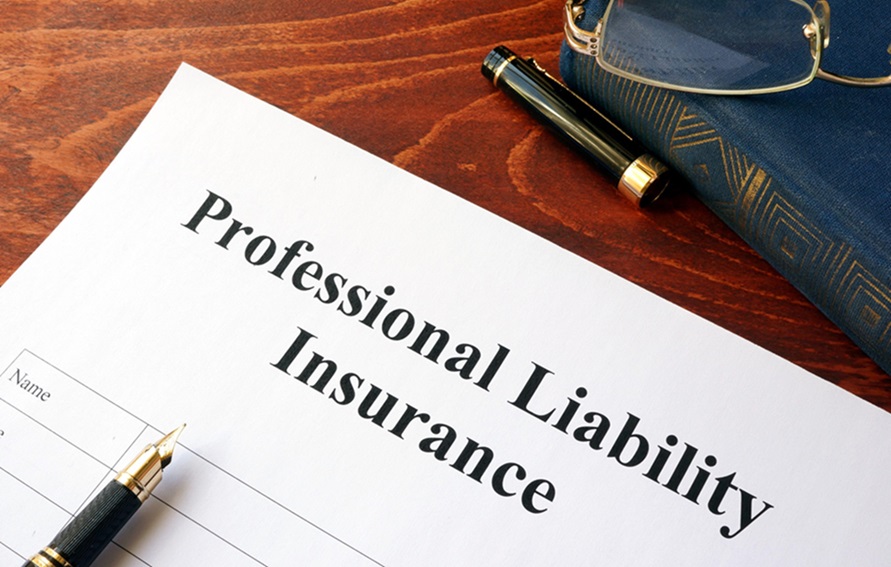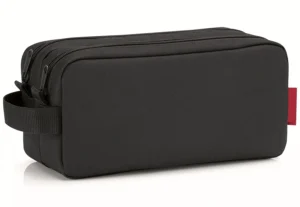How to Compare Professional Liability Quotes

While doing business or offering your professional services, getting certain claims may be quite challenging and financially exhausting. That is where liability insurance comes into the picture. It assists in shielding professionals from financial liabilities that may result from errors, omissions, and/or negligence when delivering their services.
Basically, this type of insurance, called professional liability or errors and omissions insurance, aims at covering professionals against any legal claims arising from the mistakes in the services delivered. This insurance is recommendable for working professionals like lawyers, consultants, accountants, architects, engineers, doctors, among others, as well as manufacturers and goods retailers. It is very important for anyone who is in the business of offering a service or selling goods, because getting slapped with a lawsuit may lead to very high costs.
Preparing to Compare Professional Liability Quotes
It is important to be well prepared before proceeding with the task of comparing professional liability insurance quotes. Here’s what you need to do:
a. Gather Business Information
To begin with, it is essential to gather all information about your business enterprise. It encompasses information such as the nature of your business, the sector your business is in, the number of people working for you, and your business’s annual turnover. You will also need to identify the general and specific hazards inherent with your occupation. This information assists insurers to evaluate your degree of risk and cost appropriately.
b. Understand Your Coverage Needs
Think about what aspects of your business ought to be covered and to what degree. Consider what can happen and what type of claims can occur in your line of work. Determine the degree of insurance you may require to mitigate for potential litigation. However, it is also important to remember that more coverage means that it would be more expensive, so weigh the cost against the amount of risk.
c. Identify Key Insurance Features
Identify which coverage aspects are of particular concern to your professional liability insurance needs. Some of the features could be policy limits, deductibles, legal expense clauses and whether the insurance policy extends to past projects. This knowledge will assist you in being more selective with the quotes that you are looking into.
d. Review Current & Past Policy
As a starting point, review your current professional liability policy to determine what is and is not covered. This can assist you in paying attention to areas of little or no coverage or areas that have too much coverage. The transfer from one provider to another should be done in a way that does not leave you vulnerable.
e. Set Your Budget
Determine how much you are willing to spend on insurance. Knowing the budget that the insurance policy should not exceed will also aid in eliminating the numerous plans and selecting the most suitable ones in terms of cost and need.
How to Effectively Compare Professional Liability Quotes
Comparing professional liability insurance quotes requires the following process to guarantee that you are choosing the right policy for your business:
a. Gather Multiple Quotes
The process should begin with requesting insurance quotes from different insurance companies. This variety should provide a broader view of what is out there and allow you to see different options for coverage and pricing. Ensure that any quotes gotten are based on the same information and requirements in order to facilitate an accurate comparison.
b. Use a Comparison Chart
A comparison table or excel sheet must be made to compare the disparities between each quote conveniently. Write down each of the providers you are considering as well as the general aspects of each plan, including the premiums, deductible, coverage limits and exclusions, and any other provisions. This graphic will allow you to easily identify the distinguishing features of each provider’s offerings.
c. Evaluate the Coverage Details
Concentrate on the peculiarities of the proposed insurance. Read beyond the large print, so that you are aware of what is being offered and what is excluded by the policies. Look for all the conditions or clauses (the small print) that may limit your claims in the future. You must make sure that the policy addresses the kinds of risks characteristic to your profession.
d. What are the insurer ratings and its reviews?
Check insurance providers for their business solvency and track records of their handling of clients. Here, use A.M. Best, Standard & Poor’s ratings, and read Google and Yelp ratings to see experiences from other clients. Claims handling and the financial position of the insurer are essential aspects, as they guarantee coverage for the client.
e. Seek Professional Advice
If it is hard for you to make a decision, or some of the policy features are not very clear, speak to an insurance broker or an independent financial adviser. Such professionals can give recommendations based on your individual requirements and explain the various terms and conditions in detail.
f. Consider Long-Term Needs
Consider how each policy will benefit your business in the future. Other factors that can be considered include whether the insurance company gives permission for policy amendment or if there are restrictions that might be inconvenient to you as your business expands or transforms.
g. Final Decision Checklist
Finally, compare each policy against a must-have, like-to-have, and definitely do-not-have list. Make sure the selected policy satisfies all or most of your essential criteria and gives you the best value for money in terms of cost, coverage and service.
Conclusion
Comparing professional liability insurance quotes is a crucial step. It not only gives protection against claims arising out of negligence, omission or error but also gives the assurance that your professional reputation and business assets are covered.
By following the above-stipulated steps, you can be able to compare professional liability insurance quotes and acquire a policy that meets your practice needs. It is a careful way of making sure that you are putting your money where your mouth is, because that policy is going to protect your career. Aim at getting the best insurance policy that will offer adequate coverage at a reasonable cost, so that you can concentrate on expanding and operating your business with little risk.






